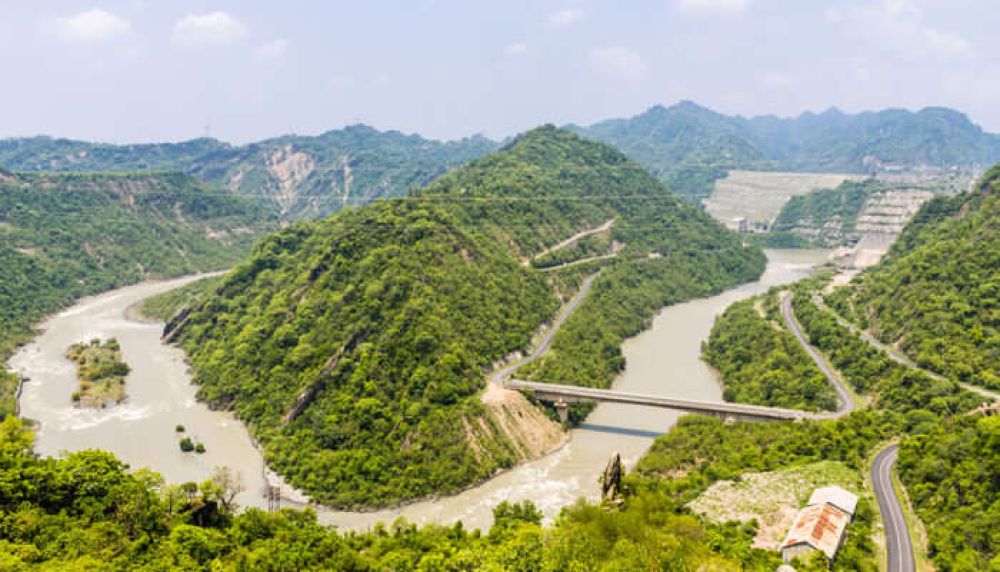

Pathankot, a city in Punjab, has historically been a travel crossroad for many civilizations and empires due to its strategic location at the meeting point of three states – Punjab, Himachal Pradesh, and Jammu and Kashmir. Its tourism history, while not as pronounced as other Indian cities, has a quaint charm that has attracted travelers for many decades.
The history of tourism in Pathankot is intrinsically linked with its rich cultural heritage and proximity to a myriad of picturesque locations. The city has been a traditional rest stop for tourists heading towards the mountains of Himachal Pradesh and the scenic beauty of Jammu and Kashmir. It also serves as the railhead for the historic towns of Chamba and Kangra in Himachal Pradesh, which further accents its tourism significance.
Historic monuments like the ancient forts of Nurpur and Shahpurkandi provide a glimpse into the region's storied past. Religious sites such as the Mukteshwar Temple and the Ashapurni Mandir have long been a draw for those seeking spiritual solace and are part of the many Hindu pilgrimages.
In recent years, eco-tourism and adventure tourism have emerged as the latest trends in Pathankot's tourism sector. The lush landscapes and rivers in and around the city provide ample opportunities for activities like trekking, angling, and river rafting. Additionally, the local government has put effort into promoting homestay tourism, which allows visitors to experience true Punjabi hospitality.
Heritage walks are also gaining popularity, offering tourists a deep dive into the city's history and its architectural marvels. Likewise, the development of food tours celebrates Pathankot's culinary delights, bringing in gourmands eager to sample traditional Punjabi cuisine.
In terms of infrastructure, the city is adapting to cater to a growing influx of visitors. There's been a steady increase in the number of hotels and other accommodations that meet various budget ranges. Travel connectivity is continuously improving, with the Pathankot airport now offering better access to remote hilly areas.
Pathankot remains a humble yet significant destination within India's vast tourism tapestry. Its continuing development and the embracement of new trends ensure that it not only maintains its heritage of being a gateway but also an attractive destination in its own right.